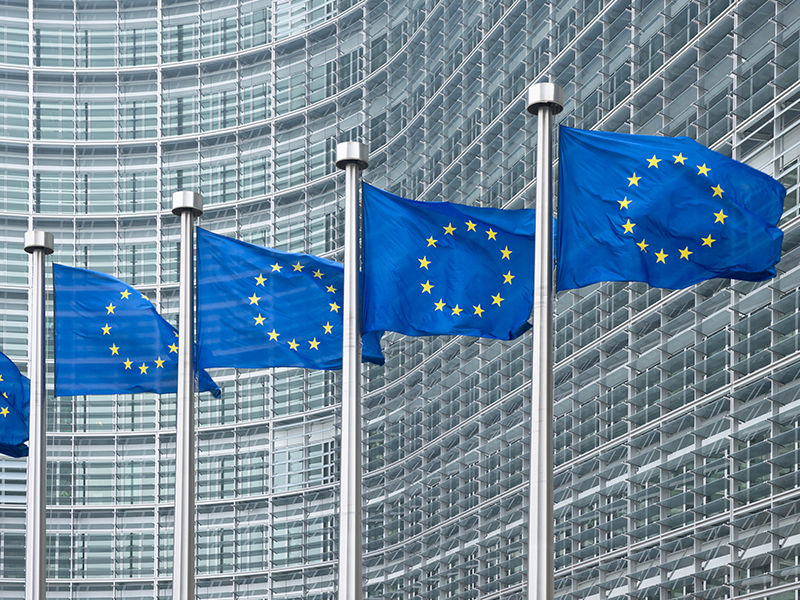Campaigners have welcomed a vote from the European Parliament in favour of a strong new anti-deforestation law.
Greenpeace EU said the vote, which would ban products like palm oil and soya linked to the destruction of forests and human rights violations, was a “big step” towards breaking this link.
MEPs voted in favour of a number of key measures to strengthen a draft law tabled by the European Commission. They included more robust definitions of deforestation and forest degradation to ensure greater protection of forests from agricultural expansion and destructive logging practices; and a broader list of commodities and products covered by the law – adding rubber, maize and other livestock to the six commodities proposed by the Commission (palm oil, soya, coffee, cocoa, cattle and wood).
“Nobody wants to worry that their weekly shop might be linked to death and destruction – the vote today is a big step towards breaking that link,” said Greenpeace EU forest campaigner Sini Eräjää.
The Parliament also joined the Commission and national governments in backing the need to trace products back to the source, including with the use of geolocation, to verify they are not from deforested areas, and ruled out any exemptions or special treatment for products covered by voluntary certification schemes.
The vote sets the Parliament on a collision course with European environment ministers who Greenpeace accused of severely weakening the law to protect the world’s forests from European consumption. It said proposed changes to the draft law by the Council of the European Union published in June would allow the continued sale of products that have severely degraded forests, and would also allow the sale of wood, pulp and paper products that have driven the complete deforestation of areas. In reaching its position the Council stressed the need to identify a compromise that “strikes the right balance […] between ambition and realism”.
Eräjää said: “With overwhelming public support and now political momentum, the only thing standing in the way of eradicating the destruction of forests and human rights abuses from the EU market is governments covering for the companies who refuse to clean up their act.”
Three-way negotiations on the final law will now begin between the EU Commission, Parliament and national governments.
Post-Brexit, the UK government has proposed its own law to help eliminate deforestation in UK supply chains. The government is planning to make it mandatory for large companies, including those in the food and drink sector, to carry out due diligence checks to ensure there is no illegal deforestation in their supply chains for forest-risk commodities such as soya and palm oil.
Campaigners, however, have warned the proposed measures will still allow products that result from legal deforestation to be sold in the UK meaning the legislation risks having limited effect as well as being difficult to implement and enforce.












